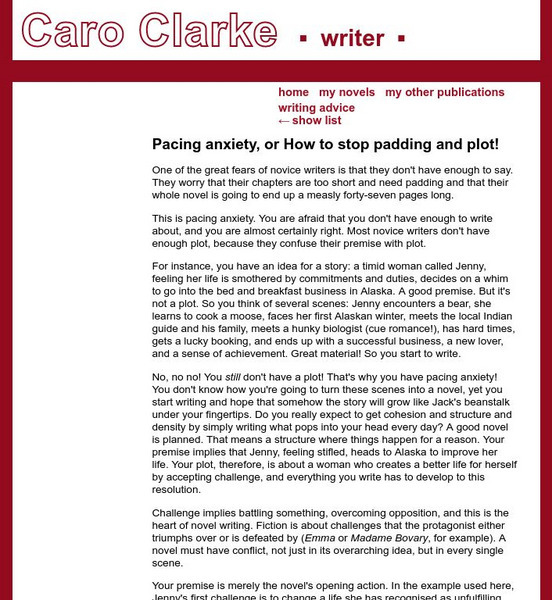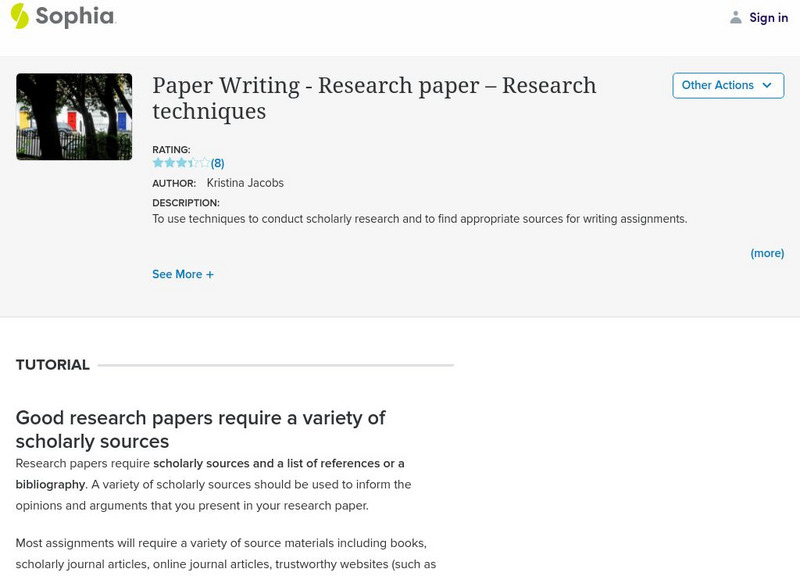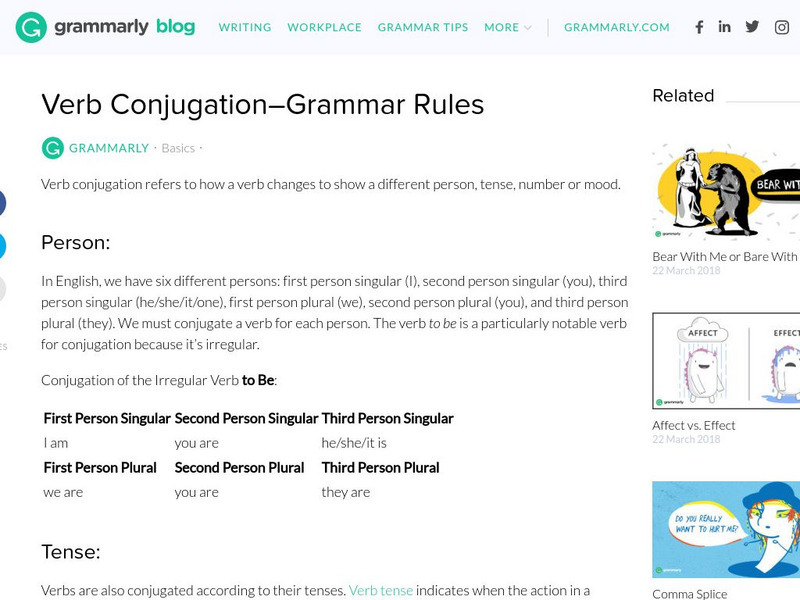Sophia Learning
Sophia: Determining Denotation
This lesson explains how to determine the denotation of words; it defines denotation and offers a plan of action: look up the word in the dictionary, read all meanings paying attention to parts of speech, and compare each of these...
Savvas Learning
Pearson Education: The Longman Vocabulary Website: Using Context Clues
Discover how to use context clues to improve your reading skills. This resource features exercises for beginners, intermediate and advanced students. L.9-10.4a, L.8.2.B Context/Meaning
AdLit
Ad lit.org: Cognitive Strategies Toolkit
This article describes eight cognitive strategies - including monitoring, tapping prior knowledge, and making predictions - to help readers develop their comprehension skills.
E Reading Worksheets
E Reading Worksheets: Figurative Language Worksheets
This learning module provides remediation and extra practice with identifying different types of figurative language. Reinforcement is provided through the worksheets, quizzes, video game links, and online sites for the following types...
E Reading Worksheets
E Reading Worksheets: Figurative Language Activities
Numerous activities, games, quizzes, lessons, and PowerPoint presentations are provided for the topic of "figurative language" in writing. Students will have numerous exposures to examples. Students will also be able to practice...
Austin Independent School District
The Reading Teacher: Oral Reading Fluency [Pdf]
A research-based article about oral reading fluency and its correlation with reading comprehension. Includes information about different fluency development materials, how to use screening tests to show areas of concern or to track...
ReadWriteThink
Read Write Think: Teaching Poetry Through Riddles
Excellent teaching resource that attempts to teach poetic concepts to middle schoolers by using riddles. Discusses riddles' use of metaphor, simile, and imagery, and relates these concepts to the students' understanding of poetry....
AdLit
Ad lit.org: Classroom Strategies: Think Alouds
Think Alouds help students learn to monitor their thinking as they read an assigned passage. Students are directed by a series of questions which they think about and answer aloud while reading. This process reveals how much they...
Writing Fix
Writing Fix: A Left Brained Writing Prompt: A Day as Your Shoes
It's fun to personify articles of clothing as a means of inspiring creative writing from your young scholars, and this mini-workshop has students a) personify their shoes on a page in their writer's notebook, b) share their story ideas...
ReadWriteThink
Read Write Think: Compare/contrast Electronic Text With Traditionally Printed Text
Lesson allows for middle school students who are familiar with researching electronic sources to gain a deeper understanding of the benefits of online resources versus traditional print.
Writing Fix
Writing Fix: Compare and Contrast Lesson: Opposing Points of View in History
After reading/listening to the picture book I am the Dog I am the Cat by Donald Hall in which two characters have opposing viewpoints, students are asked to look deeply at opposing viewpoints of real people just before the Revolutionary...
Utah Education Network
Uen: Whittle, Whittle It Down: Summarizing
This multi-day jigsaw activity engages students in summary writing. Students will work in small groups after direct instruction and write short summary paragraphs. Students will refer to the 'Five Rules For Writing a Summary' chart for...
ReadWriteThink
Read Write Think: Scaffolding Comprehension Strategies Using Graphic Organizers
A three-part standards-based lesson in which students will use collaborative strategic reading to apply four reading strategies: preview, click and clunk, get the gist, and wrap-up. They will work in cooperative groups while scaffolding...
ReadWriteThink
Read Write Think: Anticipation Guide
Anticipating is an effective reading strategy for readers of all ages. Utilize this template and graphic organizer to help your students become better readers.
AdLit
Ad lit.org: Classroom Strategies: Monitoring/clarifying
The Monitoring/Clarifying strategy teaches students to recognize when they don't understand parts of a text and to take necessary steps to restore meaning. This technique is a component of the Reciprocal Teaching model in which teachers...
Scholastic
Scholastic: Informational Text: Reading Response: Claim Evldence Reasoning [Pdf]
This graphic organizer can be used with students when they read informational text. Students will identify a claim, list text evidence that supports the claim, and explain how the information can be used for their future understanding of...
Polk Brothers Foundation Center for Urban Education at DePaul University
Depaul University: Center for Urban Education: I Can Explain an Inference [Pdf]
This tool can be used to help students articulate their answers about fiction pieces. Students will quote the text, provide an inference, and give a justification.
Polk Brothers Foundation Center for Urban Education at DePaul University
De Paul University: Center for Urban Education: I Can Infer About a Story or an Event [Pdf]
Students will use this graphic organizer to help them make an inference about a story or an event. Students will list the literal text evidence and then make an inference about the text evidence.
Caro Clarke
Caro Clarke: Pacing Anxiety, or How to Stop Padding and Plot!
This is the seventh installment of a series giving advice to the author who is new to writing novels. This article focuses on how to take your characters and use them and their conflicts to develop the plot of your story. W.9-10.3b...
Writing Fix
Writing Fix: Inventing a New Word
Inspired by the main character's actions in Frindle by Andrew Clements, students will be asked to reinvent an everyday object with a brand new word. They will need to imagine a character has reinvented their word, and then they will...
Online Writing Lab at Purdue University
Purdue University Owl: Types of Sources
A list and explanation of different types of print and online sources. W.11-12.8 Sources/Integrate/Cite
Sophia Learning
Sophia: Paper Writing: Research Paper: Research Techniques
This site presents writers with information about appropriate resources to use when writing research papers and useful tips on how to find these resources. Students can read through a vocabulary section to learn the definitions of common...
Capital Community College Foundation
Guide to Grammar and Writing: Consistency of Tense and Pronoun
Brief instruction on maintaining pronoun and verb tense consistency. Links to additional help and quiz are included.
Grammarly
Grammarly Blog: Verb Conjugation Grammar Rules
This page explains verb conjugations including persons: first, second, and third person; number: singular and plural; and tenses: present, past, and future and simple, continuous, and perfect. It provides examples of verb conjugations.
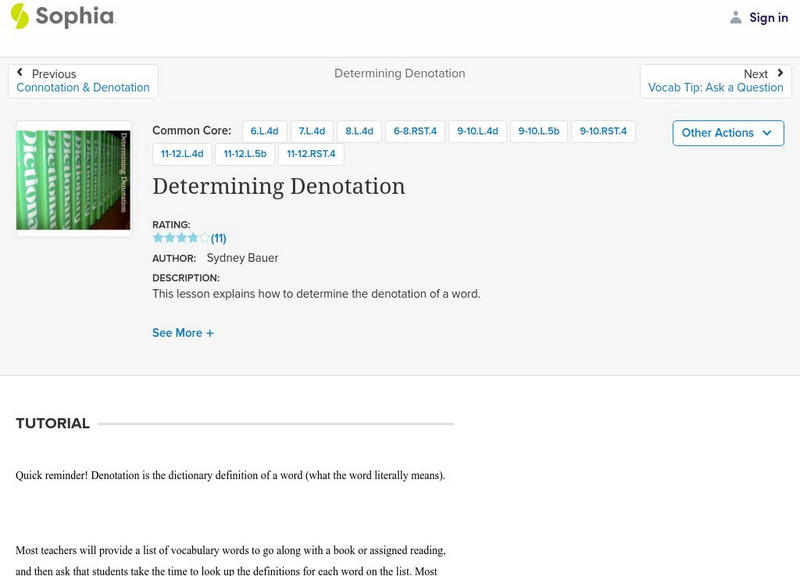
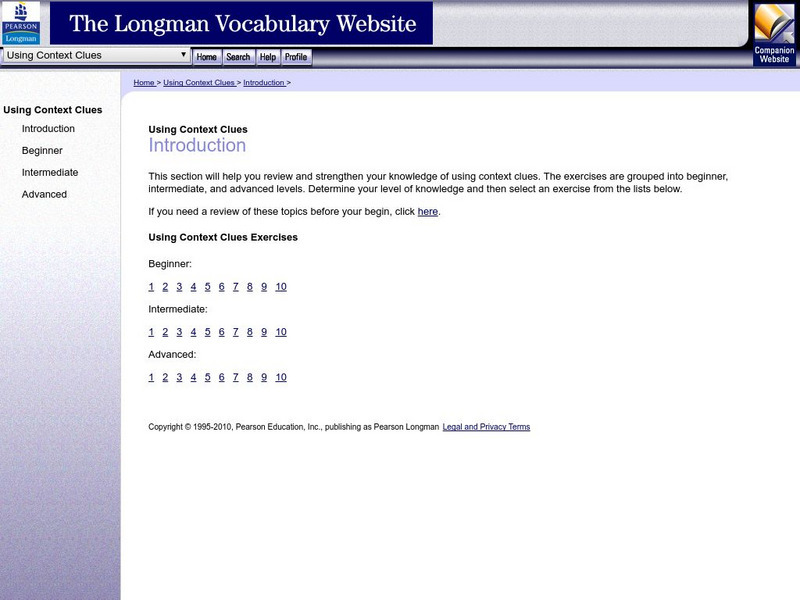
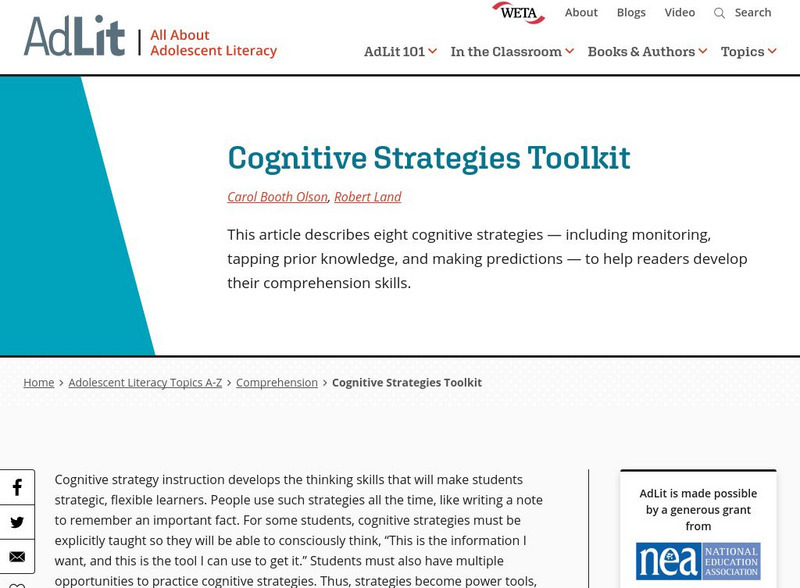

![The Reading Teacher: Oral Reading Fluency [Pdf] Article The Reading Teacher: Oral Reading Fluency [Pdf] Article](http://content.lessonplanet.com/resources/thumbnails/410156/large/bwluav9tywdpy2symdiwmduymc0zmta1ny0xd3vmdzrplmpwzw.jpg?1589985645)

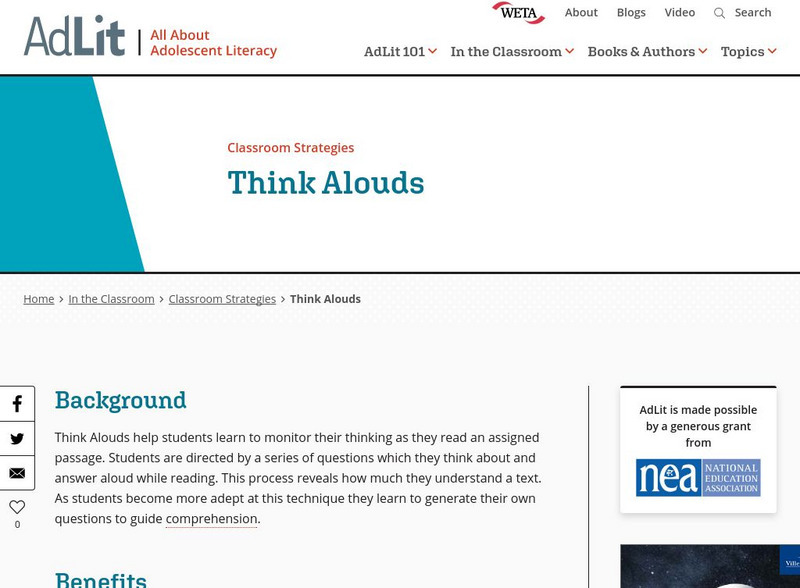

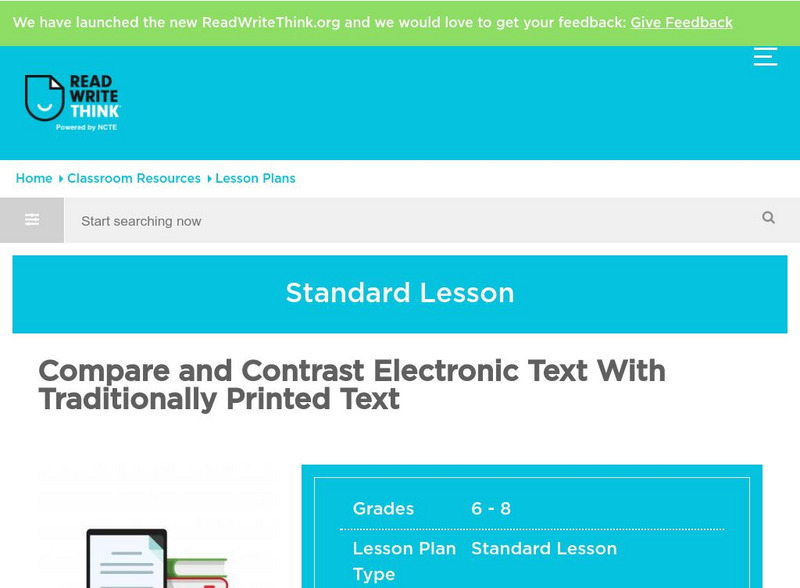

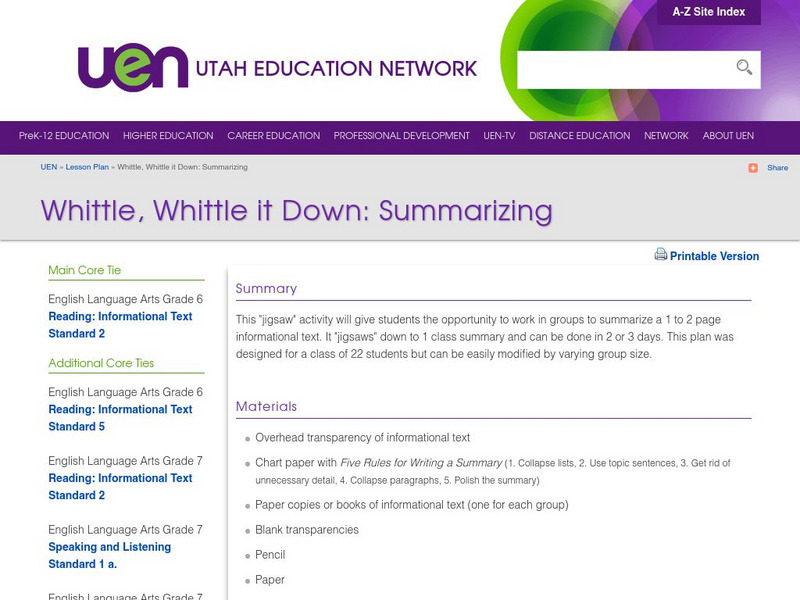



![Scholastic: Informational Text: Reading Response: Claim Evldence Reasoning [Pdf] Graphic Scholastic: Informational Text: Reading Response: Claim Evldence Reasoning [Pdf] Graphic](https://content.lessonplanet.com/knovation/original/244734-74184753ee53d6872b10ba36f1639585.jpg?1661510818)
